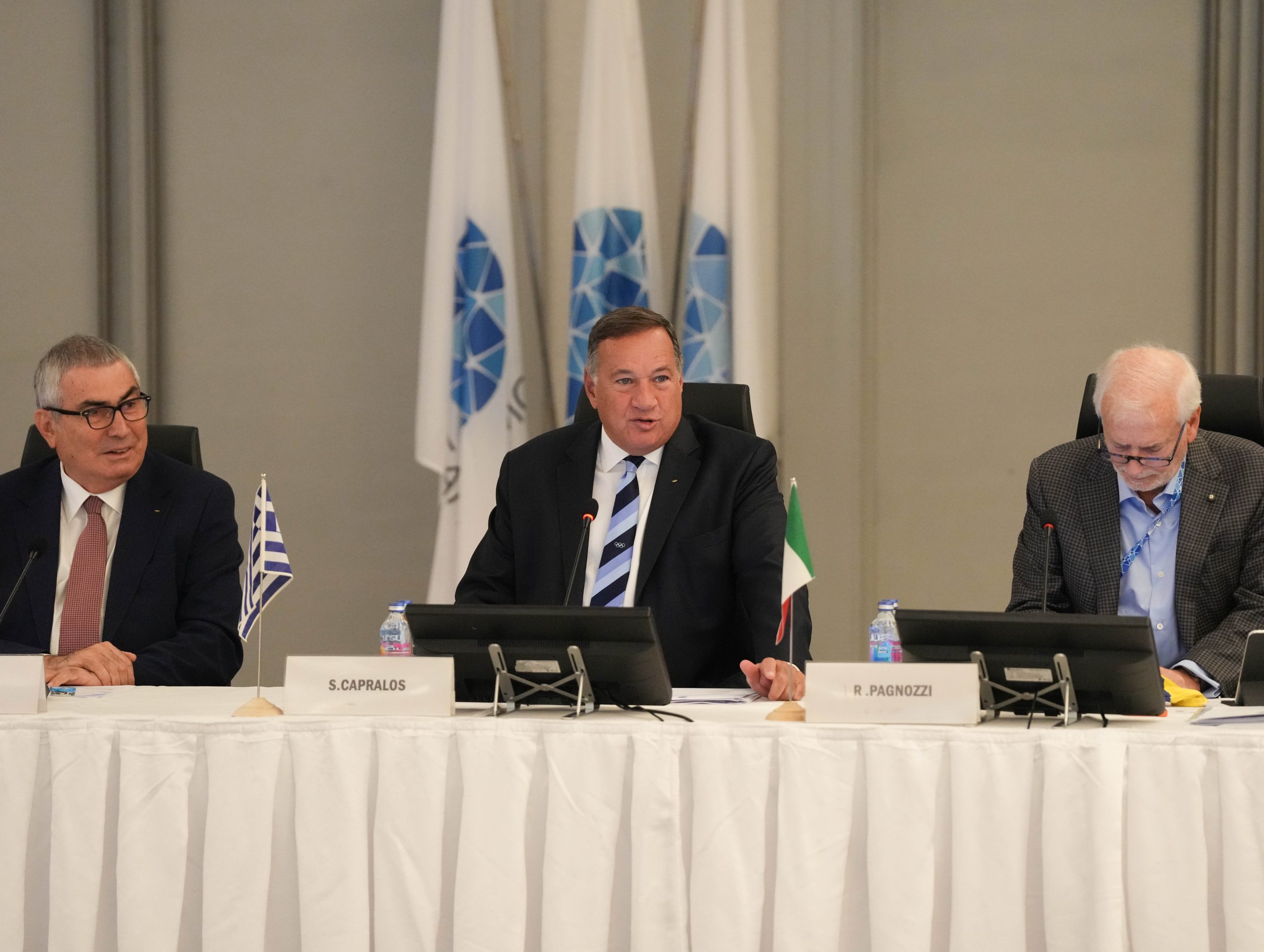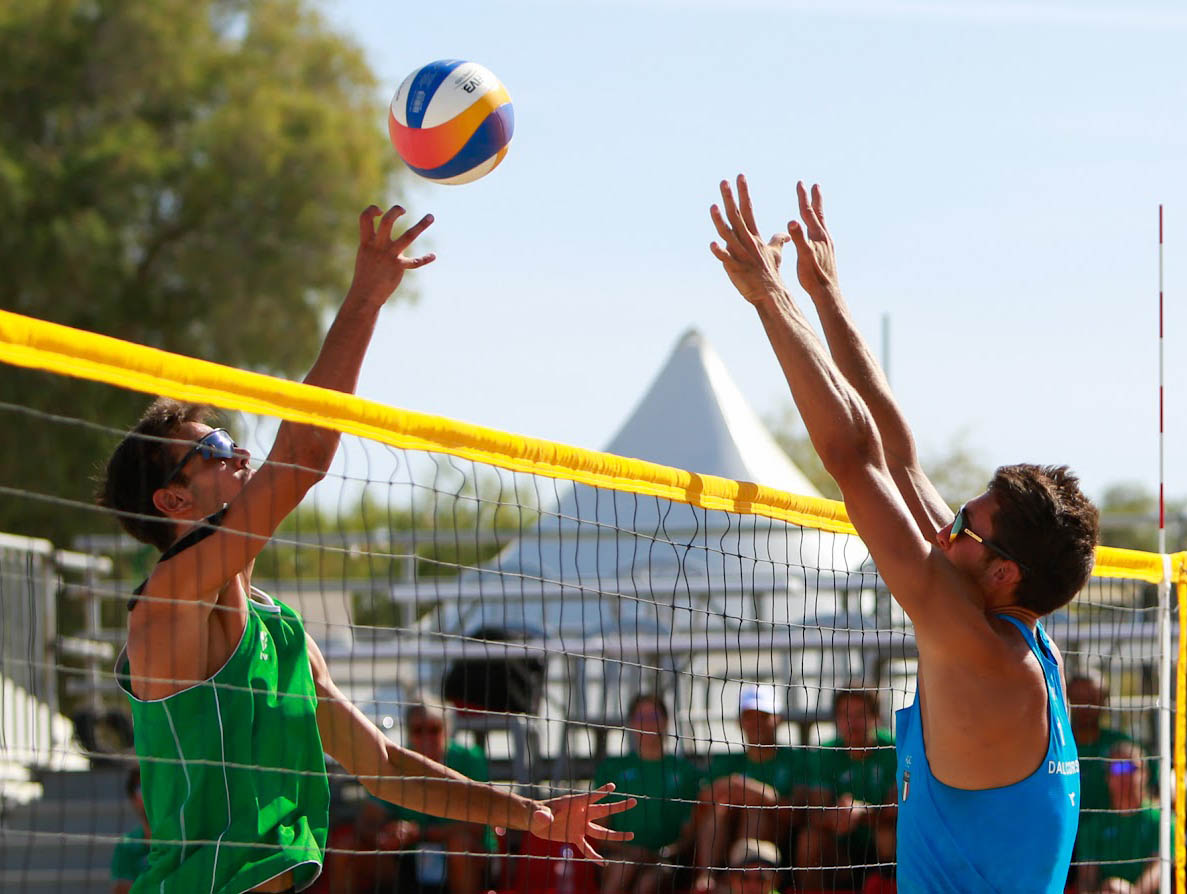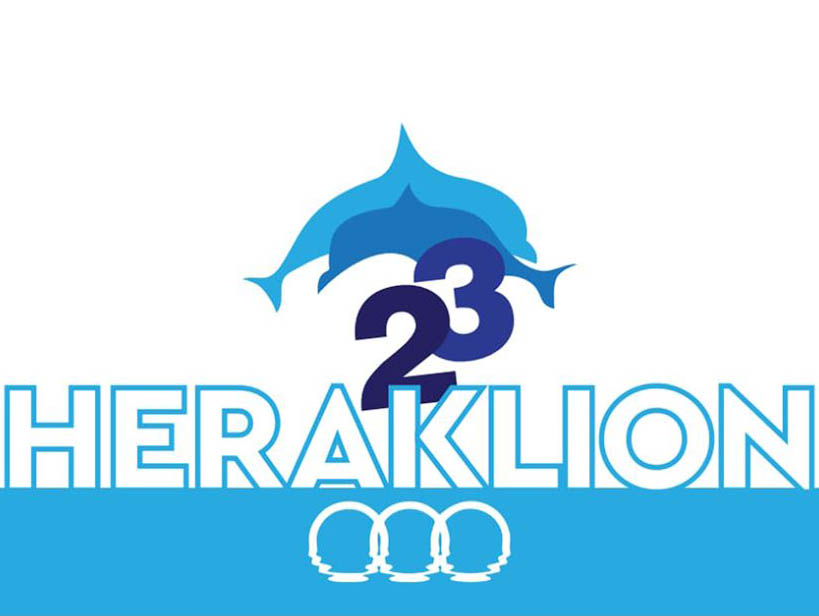1. Commissioners designate heard in Parliament
In the course of the investiture procedure of the new Commission 2004-2009 the Commissioner designate for education and culture, Jan Figel, attended a hearing in the European Parliament on 27 September 2004.
In his opening remarks Jan Figel underlined the importance of sport in education and in the upbringing of children. The values conveyed through sport such as teamwork, fair play or tolerance must be nurtured. Figel hopes that the constitutional treaty including the sport article enters into force soon.
The Finnish MEP Takkula referred to the sport article in the constitutional treaty (art 282) and asked Figel how an EU action could support cooperation with international organisations in the field of sport and if there is already a financial perspective for sport. The Austrian MEP Prets asked Figel to inform the committee which themes and priorities the Commission will take before the constitutional treaty enters into force.
Figel answered that the European Year of Education through Sport (EYES) has to be evaluated first. Then, based on that evaluation, future EU actions could be deduced from. Speaking about the free movement of workers, Figel stated that it should not be possible that an ERASMUS student studying in an EU-country is barred from playing in an amateur football club. Figel referred to the Harmann-Case, a German student in Spain who was refused, according to the federations statutes, to play as an amateur in a certain Spanish league.
2. Judgment in the Case Medina and Majcen vs. Commission
Background:
In 1999 the professional swimmers David Meca-Medina (Spain) and Igor Majcen (Slovenia) were tested positive for doping in Brazil. The International Swimming Federation suspended them under the Olympic Movements Anti-Doping-Code for four years. The suspension was afterwards reduced to two years by the Court of Arbitration for Sport. On 30 May 2001 the swimmers filed a complaint with the European Commission, DG Competition, challenging the compatibility of the International Olympic Committees anti-doping legislation with the Community competition rules and the free movement of services.
The Commission did not follow this view and rejected the complaint on 1 August 2002 reasoning that the anti-doping rules were not subject to art. 81 / 82 of the EC-Treaty (abuse of a dominant market position). Meca-Medina and Majcen then brought an action before the Court of First Instance against this rejection.
Judgment of the Court of First Instance on 30 September 2004
The complaint against the decision of the European Commission was rejected.
The Court stated that the anti-doping code, following the cases Walrave, Deliege and Lethonen, was a purely sporting rule. Given that the anti-doping rules do not pursue any economic objective but intend to preserve the spirit of fair play, they cannot be judged by means of the European competition rules.
The two swimmers were of the opinion that the anti-doping code could not be regarded as a purely sporting rule because of its economic repercussions. The court overruled this objection explaining that the IOCs legitimate concern of safeguarding the economic potential of the Olympic Games when adopting the anti-doping code is not sufficient to alter the purely sporting nature of that legislation.
Furthermore the Court referred to the Declaration of Amsterdam which emphasises the social significance of sport and calls on the bodies of the European Union to give special consideration to the particular characteristics of amateur sport.
3. Revision of the Driving Licence Directive
The Commission is planning to revise the current Driving Licence Directive (91/439/EEC). This proposal would affect athletes who use a trailer to transport their equipment.
The usual driving licence for cars has, to date, entitled the holder to drive a car-trailer combination with a total weight of 3500 kg. This means, for example, that a 1500 kg vehicle can tow a trailer of the same weight.
The Commissions new proposal restricts the permitted maximum weight for trailers in driving licence class B to 750 kg. In future only holders of driving licence class B+E are to be allowed to tow trailers exceeding that weight and ‟E is being introduced as a new driving licence class. This new class would require an additional test.
Members of the relevant transport committee have already been made aware of the misgivings of the sports sector by means of an appropriate position statement. Within the framework of the first reading in the European Parliament in early 2005, the EU Office will initiate further measures with its partners.
4. Report on safety at the European Football Championship 2004
On 30 August Portugal submitted a report to the Council on safety during the EURO 2004, which was held this summer.
In order to be able to turn hooligans away before they cross its border, from 26 May to 4 July 2004 Portugal suspended the Schengen Agreement, which allows the free movement of people without passport controls. In the process, 4,507 were refused entry into Portugal.

















